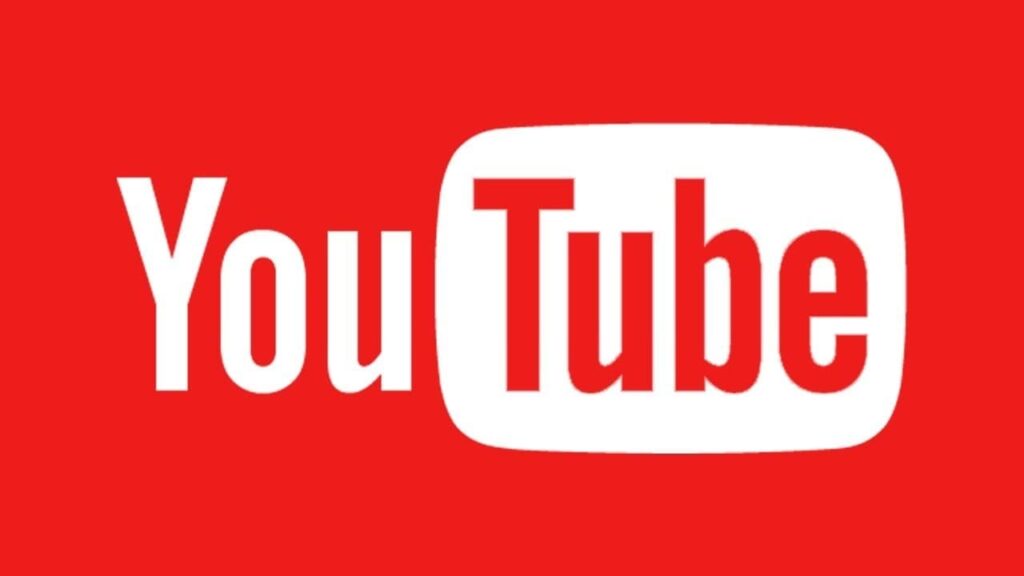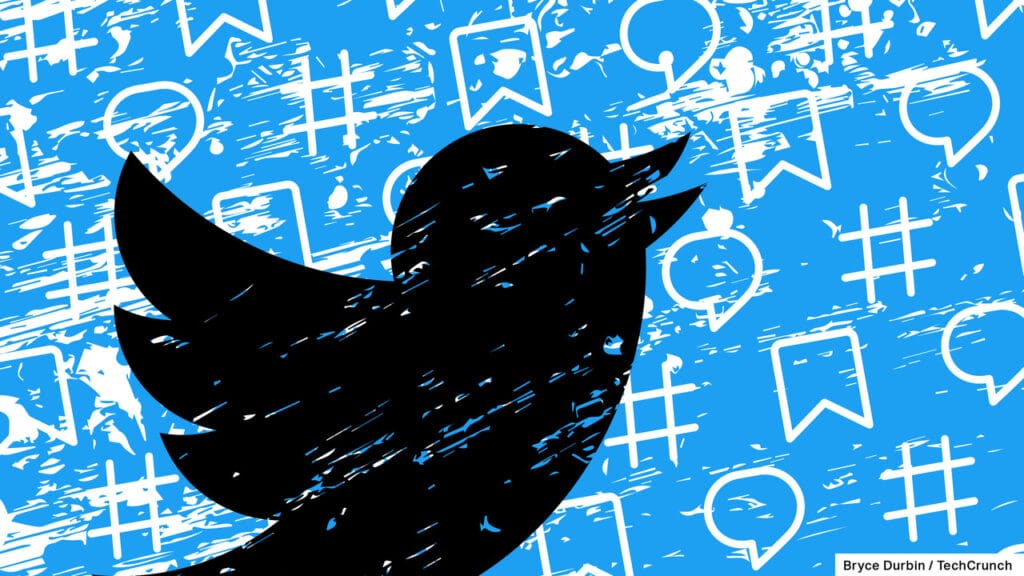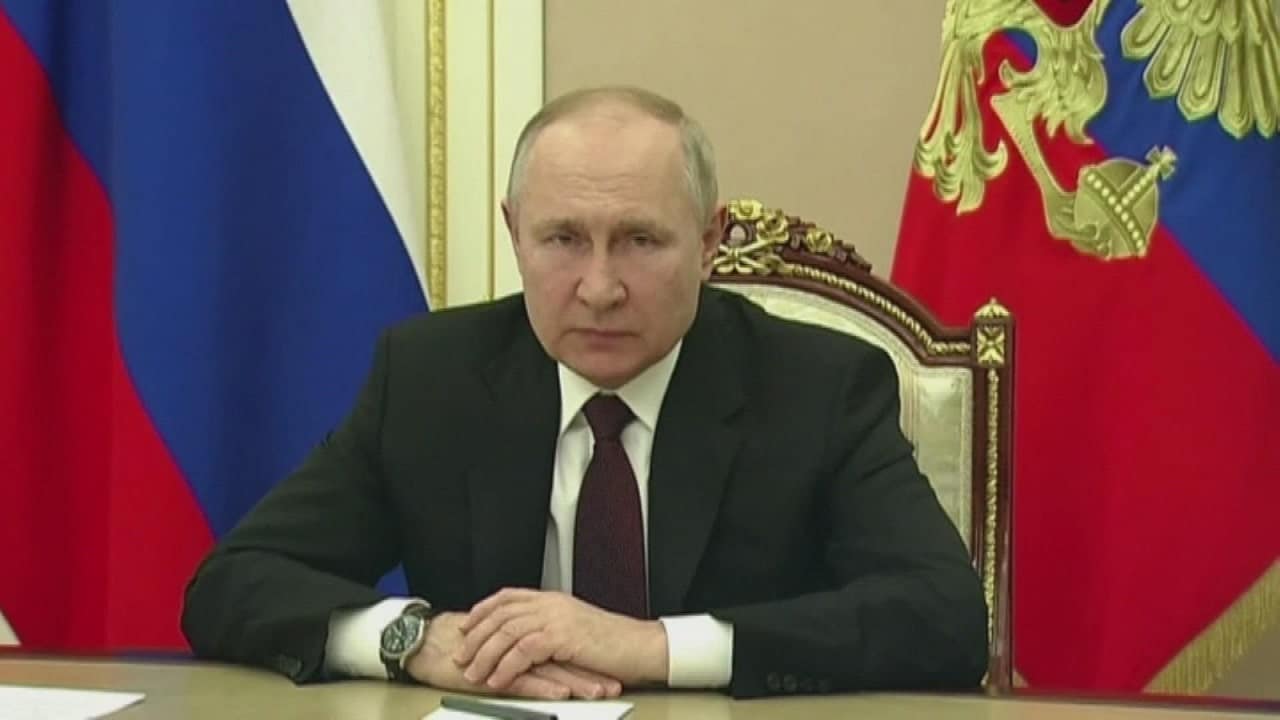After the invasion of Ukraine that blew up the wardiverse tech companies and of social media are responding to Russia it’s at Vladimir Putin. Actions by private companies but which have the impact of government sanctions. With some social companies that have put measures in place for contain disinformation touted by Russia, as well as several economic operations against the Kremlin.
The tech world and social media isolate Russia
War is raging in Ukraine, with bloody and dramatic images that are making its way around the world. Arousing a almost universal condemnation of the Russian operation. But there is also an economic and technological battle, also fought by the most important tech companies.
The aim is to protect Ukrainian users and prevent further dissemination of disinformation and propaganda Russian about the conflict. And the Kremlin, in some cases, has already responded directly. With the result of isolating Russia more and more. So let’s take stock of the situation.
Facebook blocks Russian state accounts and labels fake news

The Russian campaign exploited strong propaganda perpetrated by the state media, in place for years. But since the outbreak of the conflict, there have been several reports of fake accounts spreading fake news on various channels, including Facebook and Telegram.
On the one hand, there have been more forty bogus accounts, pages and groups that have published pro-Russian news, trying to discredit Ukraine’s Western allies. On the other Ghostwriter attacked the accounts of several Russian personalities, posting false in their name. And then there are several Russian media outlets that are spreading false and misleading information. That the Kremlin has asked for di don’t check for fact-checking: request rejected to the sender by Facebook.
Meta has announced several initiatives to limit the spread of fake news by enforcing the own policy interneincreasing il number of fact-checkers e providing additional sources of information about the conflict. In particular, it announced the hiring of mother-tongue experts to monitor the content disseminated in Ukraine and Russia.
In addition, the company announced that it has blocked at the request of Kiev in Ukraine gat the media apparatuses Russians, which already over the weekend could no longer use advertising posts to spread disinformation. They have also started putting up labels that communicate when information comes from Kremlin-controlled or influenced state media. You can find all Facebook initiatives on the dedicated page.
In response, the Kremlin is restricting access to Facebook in Russia, Reuters reports.
YouTube and Google’s response to the Russian invasion

Also YouTube blocked information from accounts related to Russian state media, such as RT e Sputnik. From Saturday 26th these broadcasters will no longer be able to make money from the commercials and advertisements on the uploaded videos. Since they are loaded over 300 hours of video every minute on the platform, YouTube to demonetize for the moment all accounts linked to personalities close to Putin. The best known name is that of Margarita Simonyan41 year old director of RT.
Furthermore, YouTube explained that it will penalize pro-Putin videos with its own algorithms, as explained by Farshad Shadloo, head of YouTube institutional communications. Furthermore, all the media channels already expressly cited as propaganda by the European Union will not be accessible in Ukraine at the request of the Kiev government (as happened for Facebook).
Google Europe then announced that it will increase the effort nel fact–checking on fake news. It also disabled some tools Google Mapssuch as those about crowding areas and real-time traffic, to avoid helping the Russian army find war targets.
Social media isolate Russia: Twitter also blocks advertising
 twitter 2021 10 d
twitter 2021 10 d
Twitter also has cTemporarily freeze advertising in Russia and Ukrainea, to prevent false information from being disseminated with accounts not directly linked to Putin and his propaganda apparatus. It has also blocked tweets suggested by untracked users, in order to avoid the spread of fake news.
“We are actively monitoring the risks associated with the conflict in Ukraine, including identifying and eliminating attempts to amplify false and misleading information,” Twitter explained. She also explained that she will direct users to i Moments that show information curated by the social media team to prevent misleading and contextless information from spreading.
Also in this case the tweet checks. But even in this case, Russia is responding directly, with many users and journalists in Ukraine reporting the inability to access the social network.
Other tech companies that isolate Russia
In addition to social media, other tech companies are also actively condemning and limiting the Kremlin’s technological access to key resources. Is Intel that AMD have announced an unprecedented technology ban. With the chip maker TSMC announcing: “We comply with all applicable laws and regulations and are fully committed to complying with the new announced export control rules”.
The ban, however, should only concern companies and state orgasms, not consumer goods. Even if like all embargoes the risk that the population (even the many who courageously protest against the Putin regime) could suffer the blow of Russian technological isolation.
There are also many initiatives aimed at supporting Ukrainian citizenship with the internet, as well as allowing Ukrainian immigrants and refugees to contact their homes: we point out those of TIM and of Sky WiFias well as Elon Musk’s announcement of Starlink’s arrival on the invaded country.
What is certain is that the response of the tech world and social media to the invasion by Russia is there and is increasing in intensity every hour. We will keep you posted.















Leave a Reply
View Comments